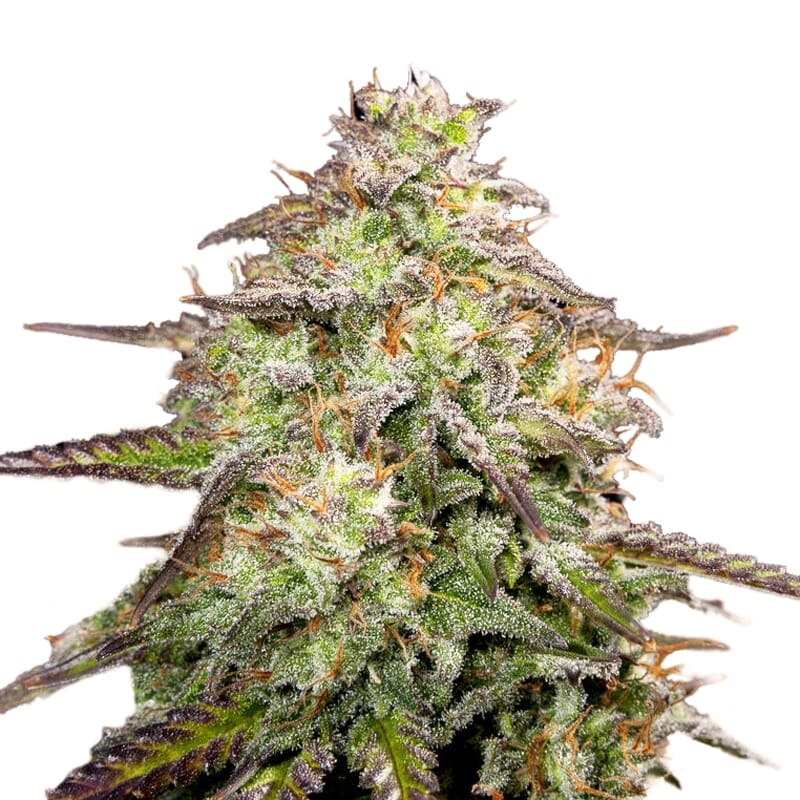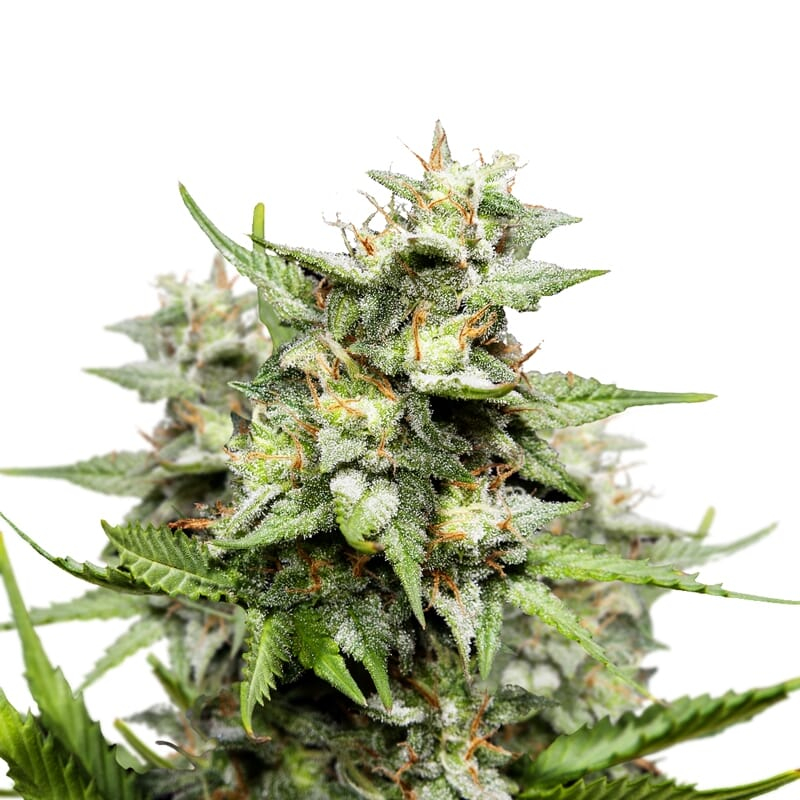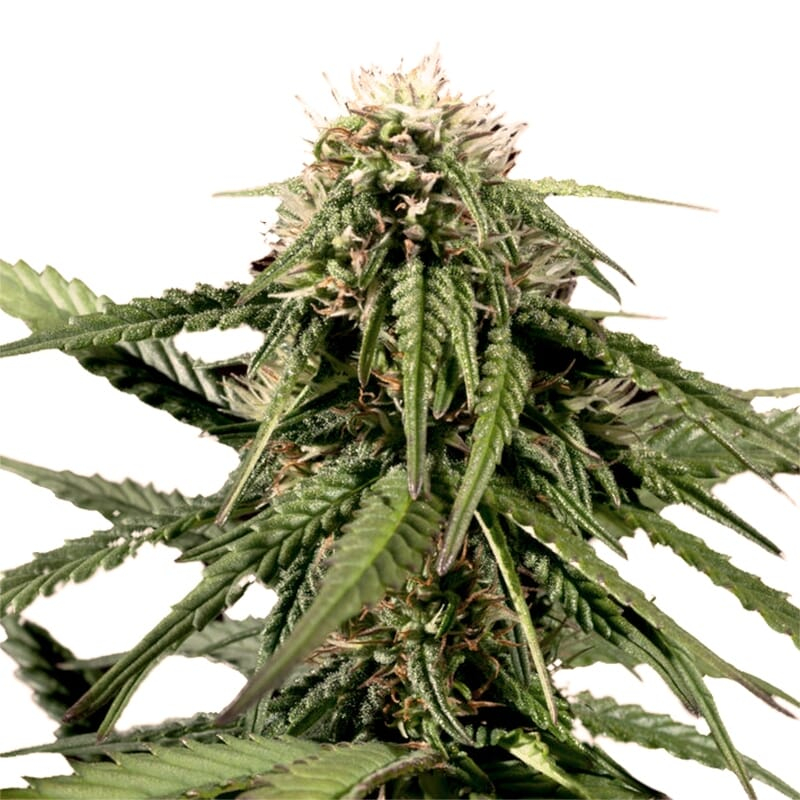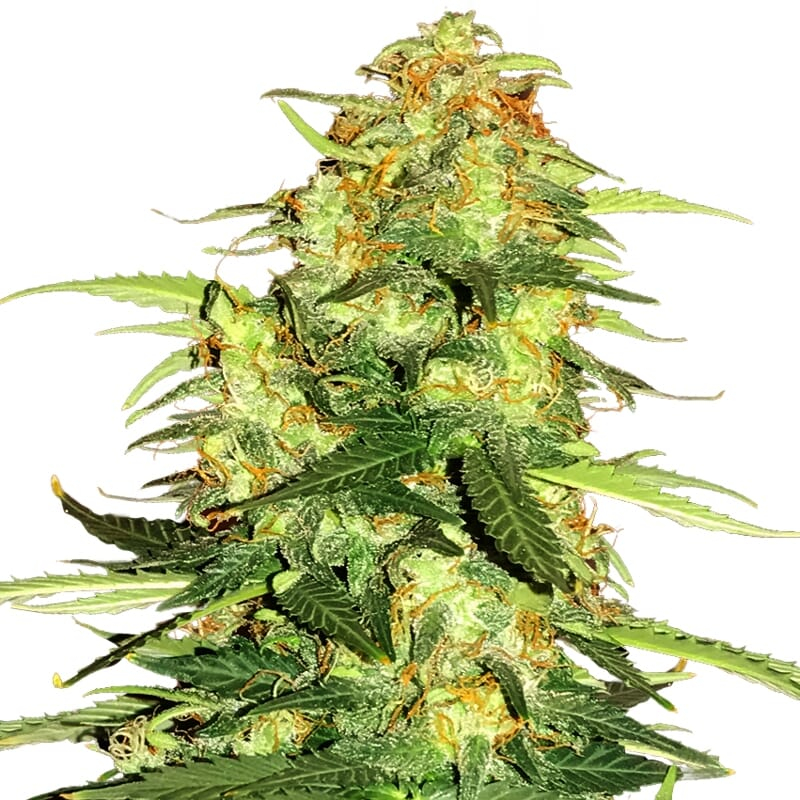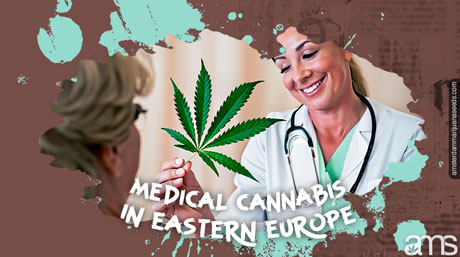In Russia, it is prohibited to possess, sell, or cultivate marijuana, and the country holds the highest number of people incarcerated for drug-related offenses in Europe on a per capita basis, primarily under Article 228. Despite this strict stance, there are signs of potential legal modifications, as the importation of cannabis for medical research is being considered. Russian legislation on weed prohibits both possession and consumption under Article 228 of the national Penal Code, with penalties including fines and imprisonment.
Although sentences may have been deferred since 2012 for those deemed to have drug problems, possession of more than six grams is considered a criminal offense. Authorities have often been accused of exaggerating the quantities of seized cannabis to justify arrests.
Penalties may include significant fines, forced labor, corrective labor, and deprivation of liberty. However, there is the possibility of avoiding punishment if the individual cooperates with authorities in combating drug trafficking.
Although possession and consumption of cannabis are common in Russia, the legal consequences are severe, with a minimal acquittal rate and most convicted individuals facing long prison sentences. Despite this, the estimated number of drug users in the country is considerably high.
Cannabis Commercialization in Russia:
In Russia, the commercialization of cannabis is prohibited and constitutes a serious offense, with severe legal consequences. Individuals caught selling this substance or any other drug face prison sentences ranging from four to eight years, with possible additional restrictions on liberty for up to one year.
Penalties are even more severe for large-scale sales or involvement in a criminal network, with sentences ranging from five to twelve years, usually accompanied by considerable fines, which could reach 500,000 rubles or the equivalent of three years’ salary.
In cases of distribution on a very large scale, in collaboration with criminal organizations, or if sales are conducted through an official position, sentences can be even longer, up to twenty years in prison. Additionally, there is the possibility of losing the right to certain jobs or activities, along with fines of up to one million rubles or five years’ salary.
Despite these punitive measures, drug trafficking remains a challenge in Russia, with estimates suggesting significant annual profits for the drug trafficking industry. Lack of employment sometimes forces Russian citizens to resort to drug selling as a means of livelihood, as mentioned by a trafficker in an interview with the Moscow Times.
Regarding the cultivation of cannabis, it is also prohibited in Russia, with penalties similar to those for sales. Even those cultivating small amounts of plants face the risk of being sentenced to long prison terms.
However, in June 2019, a bill was introduced that could relax this regulation by allowing the cultivation of marijuana for pharmaceutical purposes, but it is still pending approval by the Federation Council and the signature of President Vladimir Putin to take effect. If approved, state-owned companies could obtain special licenses for the sale of marijuana for medicinal purposes.
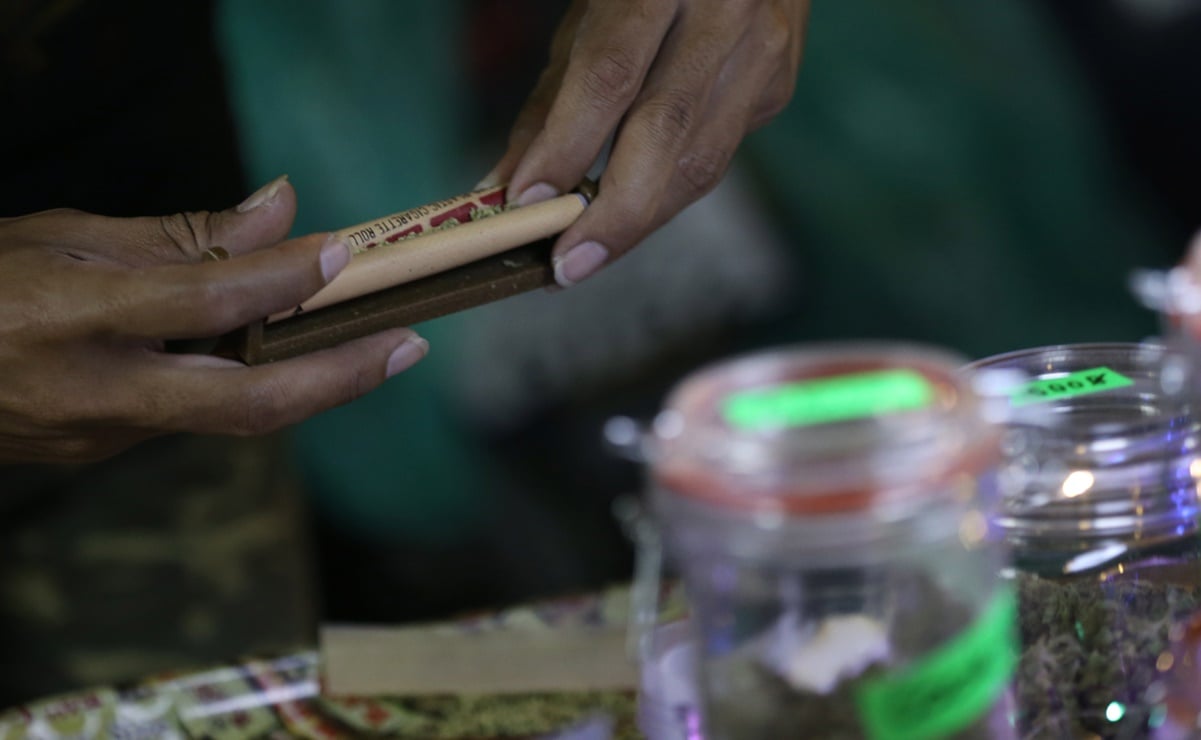
The Legal Status of CBD in Russia is Clear:
All cannabis-derived products, including CBD, are considered illegal, regardless of their THC content. This implies that both possession, sale, and purchase of products containing CBD are prohibited in the country.
Additionally, weed seeds are also prohibited and cannot be mailed to Russia.
Despite the legal situation, Russia does not have a medicinal marijuana program and shows no interest in implementing one in the future. However, the Ministry of Health has expressed its intention to import cannabis for medical research purposes, proposing specific amounts of weed, hashish, and hashish oil for addiction studies and to isolate active components.
Historical Background of Cannabis:
Archaeological findings have evidenced the millennia-old use of weed in Russia. A burial site in the Altai Mountains revealed that ancient inhabitants of the country used the plant, possibly for religious or spiritual purposes.
It is believed that cannabis was introduced to Russia by the Scythians, a nomadic group known for transporting the substance during their travels between countries, spreading its use to Europe from Russia.
Hemp maintained its relevance in Russian life for centuries, making the country the world’s leading producer of the plant since the 18th century. By 1740, about 80% of the hemp consumed in Europe came from Russia.
Hemp was a resource of utmost importance for Russians, more profitable even than wood, metal, or furs. In the 19th century, the British naval industry depended almost exclusively on Russian hemp, leading to conflicts such as the Napoleonic Wars.
In the early 20th century, Russia continued to be one of the main producers of hemp. Despite the decline in its cultivation after the fall of the Soviet Union, it is estimated that around 2.5 million hectares of wild hemp still grow in the country, mainly in regions of the Far East and near the Black Sea.

Perspectives on Cannabis:
The Russian government’s stance on cannabis has always been opposed to its use, influencing public perception of the plant. According to reports, 89% of the population opposes the legalization of the drug, an opinion entrenched for many years.
Although weed consumption is not as widespread as in other countries, such as alcohol, around 3.9% of the Russian population consumes it, a figure similar to that of many Eastern European countries, though lower than that of Western European countries.
Legalization in the Future?
Given the prevailing negative attitudes toward pot in the country, it is unlikely that its recreational use will be legalized in the near future. However, recent government efforts to legalize the cultivation of weed for medical and research purposes suggest a change in attitude. Although a medicinal marijuana program could be implemented in the future, there are currently no indications confirming this.
Current Marijuana Consumption Worldwide:
A new approach in the drug policy debate emerged in June 2011 when the Global Commission on Drug Policy proposed a change in strategy, advocating for the legalization and regulation of drug consumption. They argued that the prohibition policy driven by the United States and the United Nations had proven ineffective, as the consumption of opioids, cocaine, and weed had significantly increased between 1998 and 2008. It was noted that repression of consumption hindered the implementation of public health measures to address issues such as HIV and overdoses.
In August 2012, former Colombian President César Gaviria pointed out a shift in drug policies, acknowledging that a taboo in this area was being challenged.
In Mexico, intense debates have taken place regarding drug legalization, and jurist Miguel Carbonell Sánchez advocated for inclusive international dialogue on the matter. He argued that while the state can disincentivize certain behaviors, it should not impose a lifestyle through penal coercion.
Internationally, the legal landscape regarding marijuana varies. While some countries and jurisdictions like Australia, Canada, Chile, Spain, and Uruguay have less restrictive laws, others like China, France, Japan, and Singapore have much stricter regulations. In the United States, although medical cannabis is permitted in some states, it remains illegal at the federal level, although since 2017, the federal government has opted not to interfere with state laws on medical marijuana.





